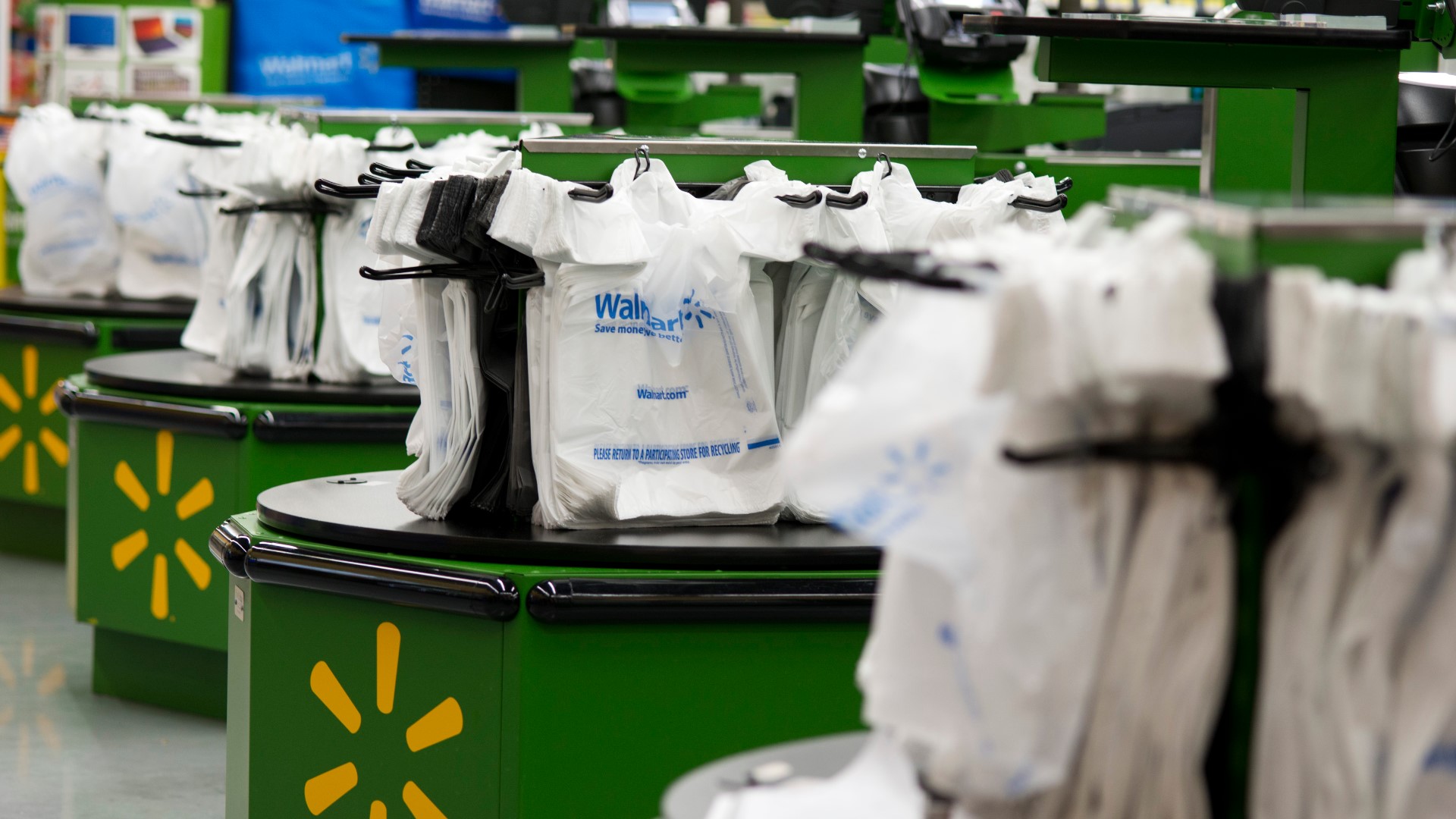WASHINGTON — Several new laws go into effect in the new year in D.C., Maryland and Virginia beginning January 1, 2022. Here's a breakdown of what's changing.
D.C.:
Living Wage
In accordance with the Fair Shot Minimum Wage Amendment of 2016, the living wage in the District of Columbia will increase to $15.50 on January 1, 2022. On July 1, 2022, the District’s minimum wage will increase to $16.10, trigging an increase to the living wage for non-tipped workers to the same rate. The minimum wage for tipped workers will increase to $5.35 on July 1, 2022. This increase is due to provisions of the amendment that tie DC’s minimum wage to the Consumer Price Index.
Gasoline-Powered Leaf Blowers
As of January 1, 2022, gasoline-powered leaf blowers are no longer permitted to be used in the District. Gasoline-powered leaf blowers are a source of noise and air pollution and can be easily replaced with efficient electric-powered leaf blowers, the mayor's office said in a release. The District of Columbia Sustainable Energy Utility provides both commercial entities and residents with rebates for the purchase of an electric leaf blower.
Small Disposable Food Service Items
Effective January 1, 2022, all District restaurants, and food-serving entities are prohibited from automatically including small disposable food service items (including plastic utensils). Restaurants and food-serving entities will be required to keep any small disposable items either behind the counter to give to customers who request them or in a self-service area for customers to take on their own. The new requirements apply to in-person, online, and mobile orders. There will be a grace period of 6 months, with no fines, to allow for training staff, updating operating software, and other aspects to make the transition.
Battery Recycling Programs
Pursuant to the Zero Waste Omnibus Amendment Act of 2020, beginning on January 1, 2022, no producer will be allowed to dispose of batteries in the District except through battery recycling programs. Beginning in 2023, the battery recycling requirement will apply to all residents and businesses.
Electric Vehicle Make-Ready Parking Spaces
Electric Vehicle Make-Ready Parking Spaces will be required to receive a building permit in all new construction or substantial improvement of commercial buildings and multi-unit buildings that have three or more automobile off-road parking spaces. The infrastructure will be required to be sufficient to accommodate the future installation of an electric vehicle charging site at least 20% of the parking spaces.
Coverage for Prescription Insulin Drugs
A new provision protecting residents with diabetes from sky-rocketing costs becomes effective. Beginning January 1, 2022, a health insurer that provides coverage for prescription insulin drugs must limit the total amount that an insured is required to pay for a 30-day supply of covered prescription insulin drugs at an amount not to exceed $30, regardless of the quantity or type of covered prescription insulin drug used to fill the insured's prescription. And, a health insurer that provides coverage for diabetes devices and diabetic ketoacidosis devices must limit the total amount that an insured is required to pay for a 30-day supply of all medically necessary covered diabetes devices and diabetic ketoacidosis devices that are in accordance with the insured's diabetes treatment plan at an amount not to exceed $100.
Virginia:
Minimum Wage
The minimum wage in Virginia goes up from $9.50 to $11 an hour on January 1, 2022 as part of a larger push to increase the figure to $15 an hour by 2026.
Bag Tax
Starting January 1, shoppers in Arlington County, Fairfax County and Alexandria to pay five cents per disposable plastic bag at grocery stores, convenience stores and drug stores. A similar tax will also take effect in Fall Church but not until April 1, 2022.
RELATED: Shoppers in these Virginia counties will have to pay for plastic grocery bags starting Jan. 1
Arlington Speed Cameras
The Arlington County Board will install 10 speed cameras and fine people $50 for flouting the law.
Maryland:
Medical Debt Protection
A new law will require hospitals to begin relaxing debt collection practices for patients who have lower incomes. Hospitals can no longer charge interest or additional fees on an incurred debt. The hospitals also can’t sue patients over unpaid bills until at least 180 days after the initial charge.

